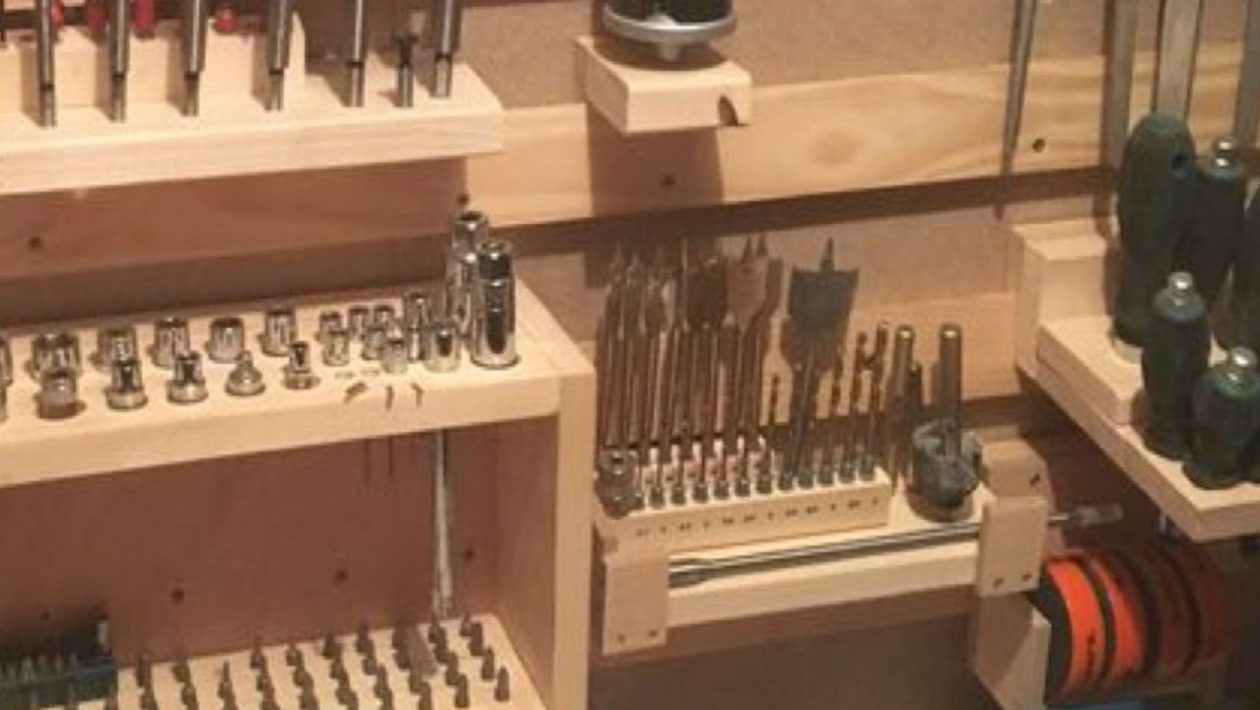Woodworking demands skill, precision, and dedication to the art of building functional, beautiful items. Beginners and seasoned woodworkers alike always find room to improve. This guide introduces essential woodworking topics, including workshop setup, tool selection, safety practices, and fundamental woodworking joints.
Setting Up Your Workshop
Creating an effective workspace takes planning and organization. Start by determining the layout, factoring in space, the tools you’ll use, and your specific projects. Organize your tools and materials for easy access. Adequate lighting and ventilation are also essential. Ensure comfort with ergonomic benches and seating to reduce fatigue.
Essential Tools for Woodworking
A well-curated toolkit is key to precise and quality work. Invest in durable, specialized tools to enhance your results. Regular cleaning and sharpening keep tools in top shape. Here are core tools every woodworker should own:
- Hand Saw – For precise cuts.
- Chisels – Essential for shaping wood.
- Clamps – For securing pieces in place.
- Power Drill – For drilling and driving screws.
- Random Orbital Sander – Smooths surfaces evenly.
Safety First in Woodworking
Safety is a must. Always use personal protective equipment like safety glasses and ear protection. A clean and ventilated space helps prevent dust and fumes from building up. Inspect tools regularly, and store them correctly to avoid accidents. Follow tool guidelines for safe and efficient use.
Mastering Woodworking Joints
The right woodworking joints create sturdy, beautiful pieces. Here are some core types:
- Butt Joint – Basic, joining two pieces end-to-end.
- Dovetail Joint – Strong, decorative, ideal for fine furniture.
- Mortise and Tenon Joint – Great for furniture, provides solid strength.
Mastering these joints lets you build more intricate and durable projects.
Organizing Your Space for Efficiency
A well-organized space boosts productivity. Declutter often, and use shelves, cabinets, and labeled containers for tools and materials. Position frequently used tools within easy reach, and designate areas for tasks like sanding and assembly.
Growing Your Woodworking Business
To reach more customers, start with a professional website and social media to showcase your work. Collaborate with local artisans and join craft fairs to expand your network. Online advertising can also connect you with new audiences.
Frequently Asked Questions
What Mistakes Should I Avoid in Workshop Setup?
Avoid inadequate lighting, poor organization, and improper storage. A well-planned space boosts productivity and safety.
How Do I Choose the Right Wood for Projects?
Consider each wood’s durability, color, and grain for aesthetics and performance. The right choice enhances quality.
Are There Alternatives to Traditional Woodworking Joints?
Yes. Try dowels, pocket holes, or biscuit joinery for unique and functional results.
Conclusion
With these expert tips, you’re equipped to elevate your woodworking. Mastering setup, safety, tools, and techniques will take your craft to new heights.





